Measuring Internet Resilience in Africa

For many in the African region, Internet interruptions or service degradations occur frequently, which results in a disjointed Internet experience. In order to help improve this experience, we need to track and measure various Internet characteristics through network telemetry. This data can help to identify infrastructure and traffic issues and can provide key information to help decision makers decide where infrastructure investment and policy change might need to be made.
However, as shown by a survey carried out by AFRINIC, the Regional Internet Registry (RIR) for Africa, in 2019, Internet measurement is not a common practice in the African region. This is largely due to a scarcity of deployed measurement tools, platforms and equipment, a lack of awareness in the subject, and the lack of relevant skills to carry out the measurement tasks. The shortage of measurement equipment in African countries makes it very challenging to accurately determine the problem areas that need to be addressed in order to improve Internet reliability and resilience in Africa.
Collaborative Measurements
Assessing the resilience of the Internet is a key component of the Internet Society’s work on Measuring the Internet. To help identify the causes of Internet interruptions and service degradations, we Continue reading
Leading from the Front: How the Internet Society’s Training Efforts Are Helping to Upskill Africa’s Future Digital Champions

Tech skills are important for digital transformation in Africa. To realize this transformation, the Internet Society is supporting work-ready digital skills development with local talent.
By 2030, over 230 million jobs in Sub-Saharan Africa will require digital skills. With the fourth industrial revolution taking shape, we are helping to build a community of digital champions in Africa who will fill the skills gap on the continent.
African governments are already banking big on the contributions that digital technologies will provide to this transformation. For example, the African Union’s Digital Transformation Strategy (2020-2030) wants to create a “Digital Single Market” for the continent, while national governments are increasingly embracing digitalization in several sectors of their economies.
But the continent needs the right talent for its ambitious economic agenda to succeed. Though more learners are taking interest in STEM (science, technology, engineering, and mathematics) subjects, school curricula in Africa primarily focus on theoretical learning with scarce engagement with digital subjects. This is one of the main reasons a skills gap exists for jobs that require digital skills.
To play a role in positively changing these circumstances, the Internet Society developed the Introduction to Network Operations course, which equips novice and intermediate level Continue reading
The Week in Internet News: Siberian Student Climbs Tree to Get Internet Access
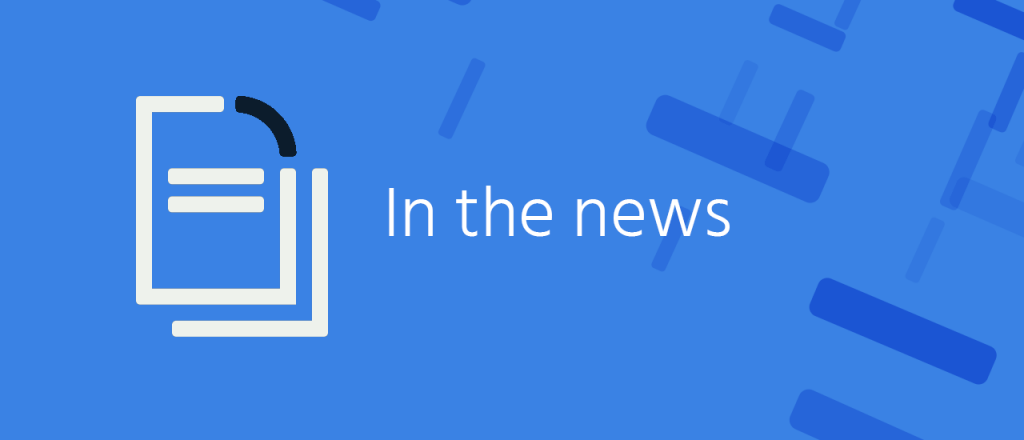
Great heights: As his classes move online, Russian student Alexei Dudoladov has to climb a birch tree to get Internet access, Reuters reports. The student at the Omsk Institute of Water Transport, which is nearly 1,400 miles east of Moscow, says his home Internet service is not strong enough to connect to online classes. “I need to go into the forest 300 meters from the village and climb a birch tree that is eight-meters high … and I get on Zoom to speak to professors and prove that I am not skipping class for no reason.”
Even greater heights: Meanwhile, the Ector County Independent School District in Odessa, Texas, is hoping that the new SpaceX satellite Internet service will help give students and teachers better Internet access, Education Dive says. The district is the first in the U.S. to work with SpaceX’s Starlink Internet service. A pilot project in early 2021 will include 45 families with students or teachers in the district.
Cybersecurity boss fired: U.S. President Donald Trump, who continues to insist he was the victim of massive nationwide voting fraud in his recent election loss to Joe Biden, has fired Christopher Krebs, who led the federal Continue reading
European Union, Use Facts to Make Cybersecurity Decisions – Not Myths

Nearly 450 million EU citizens are counting on the Council of the European Union to make decisions that protect their safety. The Council has a duty make these decisions based on reliable information.
In the next week, the Council of the European Union is expected to consider a resolution that argues that law enforcement “must be able to access data in a lawful and targeted manner.” This resolution is the first step of a wider push by the European Union to demand law enforcement access to encrypted data.
But are they relying on accurate information to make their decisions?
A report leaked from the European Commission in September, Technical solutions to detect child sexual abuse in end-to-end encrypted communications, tries to analyze different ways to spot illegal content in private communications that use end-to-end encryption. This leaked report could influence their decison-making on encryption policy in the EU.
The EU Commission’s report alludes to the idea that some access methods may be less risky than others. However, the bottom line is that each method presents serious security and privacy risks for billions of users worldwide.
Don’t take just my word for it. According to the Internet Society and the Continue reading
Contributing to the Internet Society Governance Reform Working Group
[Published on behalf of the Internet Society Board of Trustees]
As we announced some time ago, the Board of Trustees of the Internet Society (ISOC) has established the Governance Reform Working Group in order to host open community discussion on the general topic of potential governance changes at the Internet Society. We would like to welcome all members of any Internet Society Chapter, Organization Member, SIG, as well as individual members and IETF participants to contribute to this effort. Please, find the initial charter for the working group at:
https://www.internetsociety.org/board-of-trustees/governance-reform-working-group-charter/
Olga Cavalli and Mike Godwin will be the chair and vice-chair of the working group, respectively. You can subscribe to the working group’s mailing list in order to contribute to the discussion on the following link (where you can also check the mailing list archives) :
https://elists.isoc.org/mailman/listinfo/governance-reform
The post Contributing to the Internet Society Governance Reform Working Group appeared first on Internet Society.
Onno Purbo: 2020 Postel Award Winner Uses Human Touch to Bridge the Digital Divide
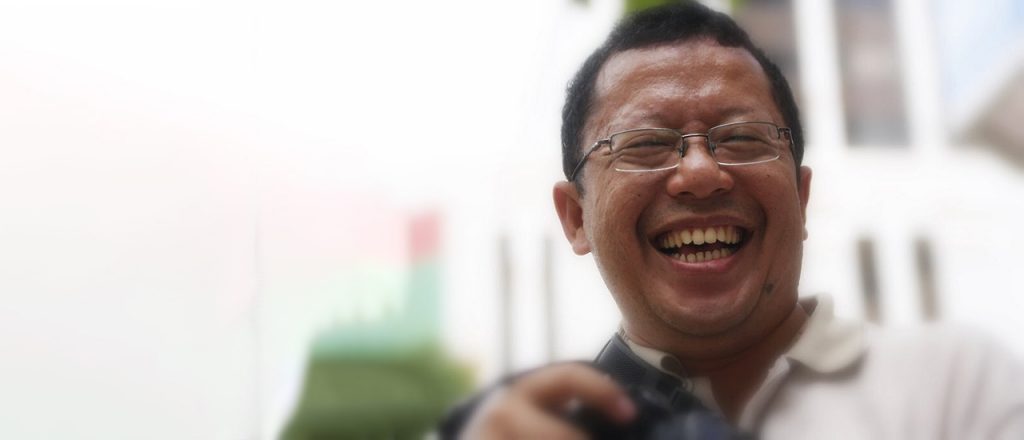
Onno Purbo is a people person. It’s not typically something you hear about an engineer. But it is through his approach to education in the Internet sphere that Indonesian villages have access at all.
“The other engineers, they are very much engineer,” Purbo said. “A problem is solved by coding, is solved by an antenna, is solved by a product of some kind. My approach is a more human approach. Most engineers introduce their products, I give people the knowledge.”
Purbo, as this year’s Jonathan B. Postel Award winner, uses his experience, knowledge, and expertise not only to build networks and improve access for his fellow Indonesians, but to teach them how to do it themselves. He does this through hours of work on social media channels, speaking one-on-one with hundreds of thousands of followers whenever they have questions or concerns.
“I use social media as a free, huge class[room]. Effective and efficient empowerment processes were not possible with the old mechanism where we would rent rooms or buildings with professional event organizers,” Purbo said. “These days, for example, thousands of viewers may easily view any of my videos on YouTube.”
With nearly 700,000 followers on social Continue reading
On the Road to Better Routing Security: What Are MENA’s Next Steps?

In a region with a wealth of resources and network expertise but a higher than average number of global routing incidents, the Mutually Agreed Norms for Routing Security (MANRS) initiative can help networks champion a more secure routing environment.
Networks in the Middle East and North Africa (MENA) region fall between two regional Internet registries: Réseaux IP Européens Network Coordination Centre (RIPE NCC) and African Network Information Centre (AFRINIC). This gives these networks access to many resources and tools that support them to adopt best practices in routing security, including resource public key infrastructure (RPKI). There’s also great technical expertise in the region, with specialists working to keep more than 800 MENA-based networks up and running.

The region is, however, over represented in terms of routing incidents. Despite representing only 1.18% of all the networks visible on the Internet, the region has been responsible for 2.5-3% of global routing incidents so far this year as of October. Last month, the MANRS Observatory recorded 24 routing incidents from 22 networks in the region. The incidents range from Bogon announcements to more serious route leaks and route mis-originations, as detailed in the screen capture from MANRS Observatory above.
MANRS for Continue reading
The Week in Internet News: A Change in U.S. Internet Policy?
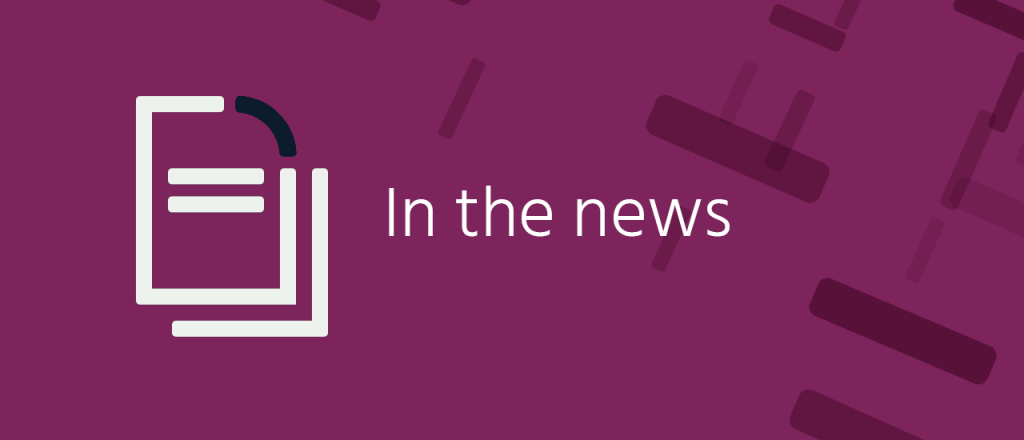
Winds of change: U.S. President-elect Joe Biden will significantly change U.S. government policy focused on the Internet, Vox.com says. A Biden administration is likely to bring back net neutrality rules and push for policies that widen Internet access and make it more affordable. The Biden team may also provide more subsidies to lower-income people and open up more radio frequency bands for high-speed 5G networks.
Accessing growth: The growth of Indonesia’s digital economy depends on equal access to the Internet, but 12,000 villages across the country still lack access, Kompas.com reports. Indonesia’s Finance Minister Sri Mulyani Indrawati is pushing for digital infrastructure to be distributed throughout the country. The government has a 2021 budget of 30 trillion rupiahs ($2.1 billion USD) to develop information and communication technology infrastructure.
Lowering the Zoom: Video-conferencing service Zoom has settled a U.S. Federal Trade Commission complaint saying that it overstated its encryption protections for several years, TechCrunch says. “Zoom’s misleading claims gave users a false sense of security … especially for those who used the company’s platform to discuss sensitive topics such as health and financial information,” the agency said. Zoom has agreed to start a vulnerability management Continue reading
New Features in MANRS Observatory: More Informative, Intuitive, and Easy to Use

In August 2019, the Internet Society supported the Mutually Agreed Norms for Routing Security (MANRS) initiative by creating a platform to visualize its members’ routing security data from around the globe. The MANRS Observatory’s interactive dashboard allows networks to check their progress in improving their routing security.
Last week, we updated some key features of the MANRS Observatory guided by member feedback. Below we share a summary of those changes.
Please note, detailed statistics and reports for specific networks are only available to MANRS participants. Your organization can become an MANRS member for free, and join a global group of people committed to making the Internet safer for us all. Find out how.
MANRS Observatory 3.0.1: Latest updates
- Shorter reporting cycle
- Improved favorite functionality
- Access to RIPEstat widget
- Change to how we round numbers
1. Shorter reporting cycle
Previously the MANRS Observatory provided status report updates up to 31 days after members’ had added their latest figures. While this wasn’t a real problem when looking at general trends, it was an issue for network operators who use the platform to check their network conformance. It was also an issue for the MANRS team, as we Continue reading
Internet Insights – On Track for Launch

Things might have seemed quiet on our Measuring the Internet activities for the last few weeks, but lots of work has been taking place behind the scenes to ensure that the Internet Society’s Internet Insights platform will be ready for phase one of its launch in December 2020.
What We’re Working On
To help everyone gain deeper insight into the Internet, we’re consolidating trusted third-party Internet measurement data from various sources into a single platform – Insights. We’ll use this data to examine trends, generate reports, and tell data-driven stories. Insights will be available to everyone, everywhere so that anyone can better understand the health, availability, and evolution of the Internet.
Our Data Partners
Phase one of Insights will launch with an initial set of data that will help to illustrate two of our four focus areas: Internet Shutdowns and Enabling Technologies. We’re sharing data sourced from the following trusted third-party data providers and are working to integrate data from more organizations as the platform develops.
2020 Latin America Chapter Workshop: Celebrating Successes and Mobilizing for an Internet of Opportunity
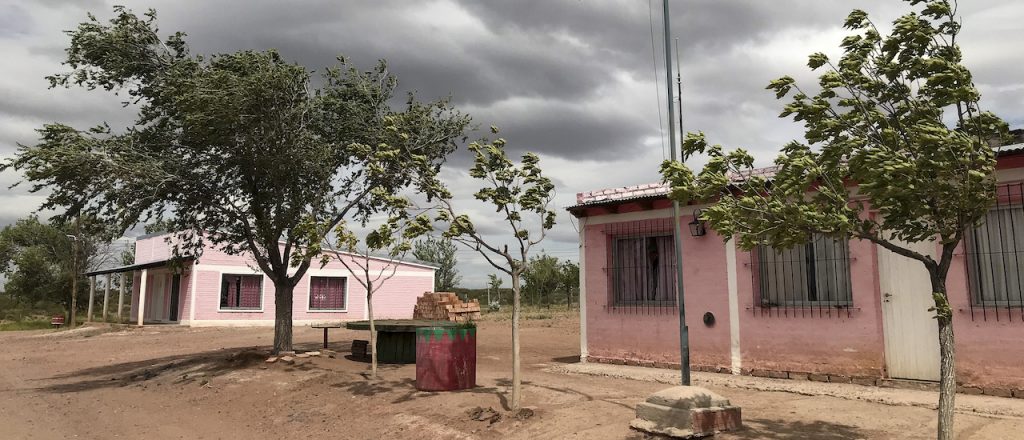
Our global community of Chapters is vibrant. Chapter members implement projects, share ideas, and take actions that help bring the Internet Society’s vision to life. In particular, the leaders of the Latin American Chapters have had the opportunity to meet annually in a workshop dedicated to them.
2020 has led us to think of new ways to keep in touch and continue working for the Internet to remain open, globally-connected, trustworthy, and secure for everyone. This is why, from October 26 to 30, we held the 2020 Latin American Chapters Workshop in virtual format, with 100% participation of the Latin American Chapters.
Through 20 sessions, the workshop was a collaborative space and a meeting point for the staff and the Internet Society community. The 333 people who participated shared their knowledge and experience around topics related to our 2020 Action Plan. To offer a holistic approach, we also held sessions on leadership and Chapter management.
At the end of each day we created a summary of the most important points of each session. For these summaries we decided to give the audio format a try and created a playlist that you cannot miss. Listen – each episode lasts about five Continue reading
The Week in Internet News: Facebook Considers New Ways to Combat Disinformation
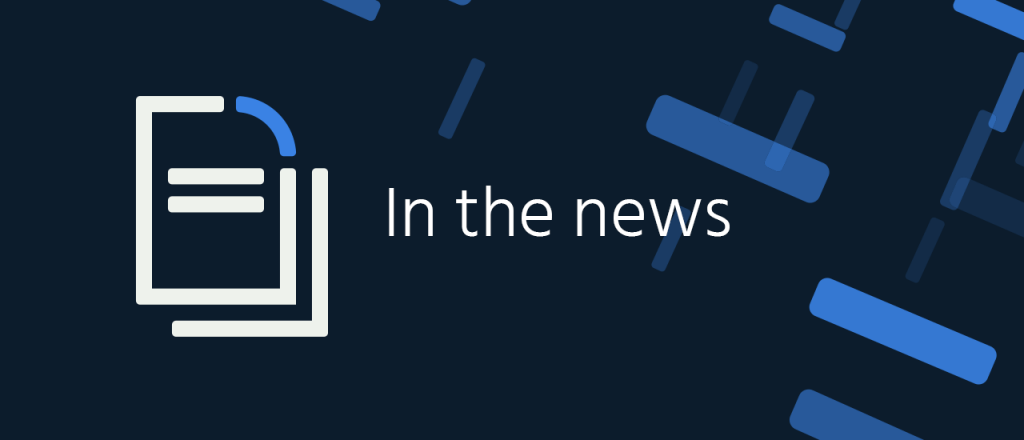
More moderation: Facebook is looking at new ways to moderate posts on its site to make it more difficult for election disinformation to spread, the New York Times reports. Facebook is looking at adding more “friction,” such as an additional click or two, before users can share posts, according to insiders in the company. The new measures were expected shortly.
Millions without access: About 63 percent of rural residents in Latin America and the Caribbean – 77 million people – have little or no access to Internet services, according to a study by the Inter-American Development Bank and Microsoft, Nearshore Americas says. By comparison, about 71 percent of urban residents in the region have access to the Internet.
Bracing for regulation: Residents of Nigeria are expecting the government to move to regulate social media after recent protests, Quartz Africa on Yahoo reports. “We must regulate social media in a manner that it does not become a purveyor of fake news and hate speech,” Nigeria’s minister of information Lai Mohammed said recently. “We will not fold our arms to allow purveyors of fake news and hate speech to use the social media to destabilize the country.”
Right to repair: Campaigners across Continue reading
Member News: Internet in a Small Box
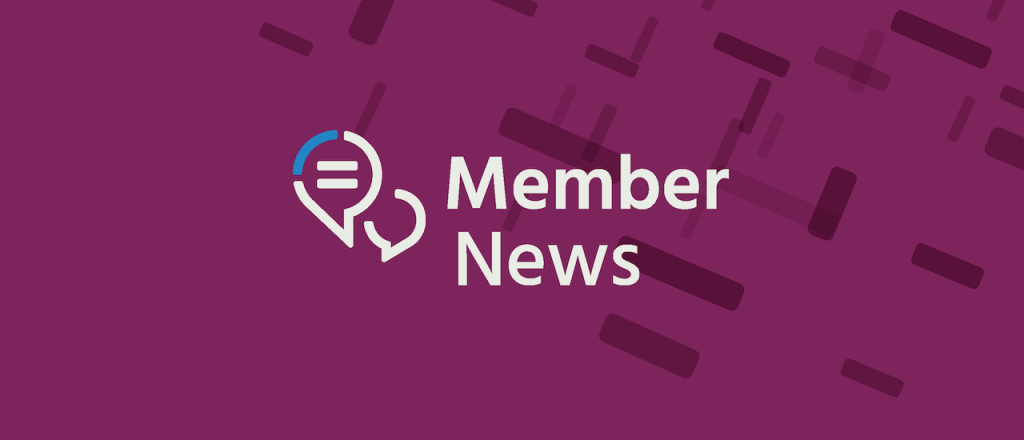
Net-á-porter: The South African Chapter of the Internet Society has been promoting an “Internet-in-a-box” initiative using an SD card to configure an inexpensive Raspberry Pi device. Interested people can configure an SD card or even order a pre-loaded SD card.
Taxing the ‘Net: The Mexico Chapter has gone on record as opposing a digital services tax proposed by the Mexican government. “If this initiative is approved, which would have a negative impact on free access to content and information by citizens, [and] we could find ourselves with a potential instrument of discrimination and censorship,” the Chapter said. The tax on foreign digital services would be 16 percent.
Moving governance forward: Pacific Islands Chapter member Swaran Ravindra noted that cybersecurity and digital inclusion were big topics at the recent Asia Pacific Regional Internet Governance Forum 2020. “Disruptive technologies … have enormous benefits for the Pacific region at large, but we cannot ignore the need for our people to be completely cognizant of the cybersecurity issues which we are being exposed to,” she wrote. “Fiji struggles with cyberbullying, suicide, mental health issues, fraud, and crime [that] technology may have been a part of, either intentionally or unintentionally. In order to leverage technology Continue reading
Changes to Our Work in 2021
Here at the Internet Society, we believe that the Internet is for everyone. Our work focuses on ensuring that the Internet remains open, globally-connected, trustworthy, and secure.
In 2020, we saw the world change in ways that no one could have anticipated. Because of this, like so many other organizations, we had to assess our current and future plans and evaluate the resources available to us. As a result, we have made some changes to our activities for the upcoming year.
Moving into 2021, we will reduce activities related to our Open Standards Everywhere (OSE) and Time Security projects.
We still deeply believe that open Internet standards and securing the Internet’s time synchronization infrastructure are critical components for building an open and trustworthy Internet. So, while OSE and Time Security will no longer be standalone projects next year, we will continue to promote and defend these concepts through our other projects, initiatives, and activities.
Our work in 2020 in both these areas has had a measurable impact and many successes, which we will document in the 2020 Impact Report that will be published in early 2021. We will continue to finish work in progress on Time Security and OSE Continue reading
Message from Internet Society Audit Committee Chair
As Chair of the Internet Society Audit Committee, I wanted to share an update with you.
As you may know, the Audit Committee reviews the Conflict of Interest forms filed by members of the Board of Trustees and officers of the Internet Society to ensure that we are in compliance with our Conflict of Interest (“CoI”) policy.
The CoI policy states that members of the Board of Trustees cannot hold a position in the policy development process in another organization operating in the Internet Society’s areas of engagement, and we are evaluating a situation where this restriction may be relevant. One of our Trustees has been appointed as a non-voting member to the GSNO Council, the Generic Names Supporting Organization – a policy-development body that develops and recommends policies relating to generic top-level domains (gTLDs) to the ICANN Board.
The Internet Society has a long history of collaborating with our diverse community from around the world, and is committed to having vibrant and robust global engagement. We work across countries and cultures and seek diverse cross-organizational expertise. This makes us stronger—sound practices and clear policies are a critical part of that.
We recognize that the expertise of our trustees is Continue reading
How IXPs Can Help Achieve Digital Transformation across the Middle East
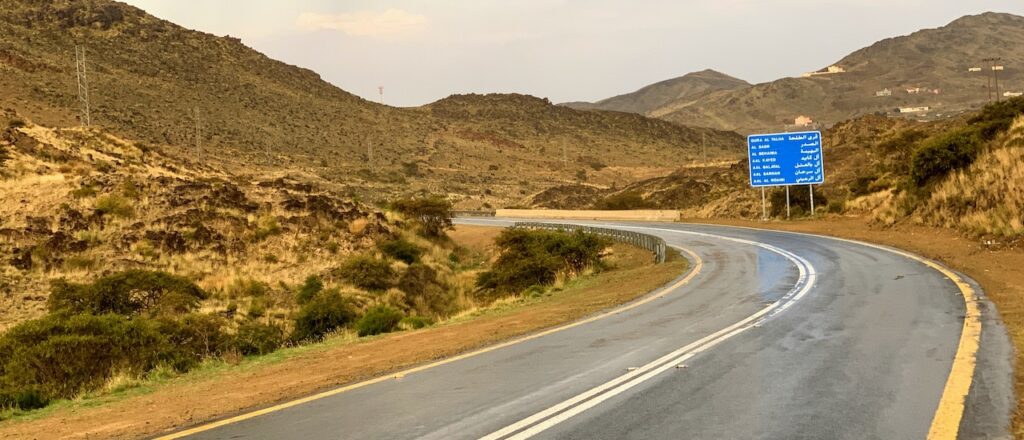
In September the Internet Society, in cooperation with Middle East Network Operators Group, held an online workshop on Internet Exchange Points (IXPs). This was part of a workshop series launched by the Internet Society to foster open dialogue and coordinate with governments and other stakeholders to achieve digital transformation across Arab countries. Last year, workshops included the participation of several governments, including Saudi Arabia, Kuwait, Oman, Bahrain, and Jordan.
These discussions provided a framework for two policy documents: Middle East & North Africa Internet Infrastructure Report and Internet Infrastructure Security Guidelines for the Arab States. The reports show that supporting and developing the few existing regional IXPs, plus creating new ones, is an essential requirement for developing the Internet in the region.
The September workshop was divided into two parts: In the first part, a number of experts from Africa, Europe, and Asia shared their experiences in establishing and operating IXPs. The second part was an open discussion with participants.
The workshop aimed to explain the role of each stakeholder in establishing and operating IXPs – in addition to reviewing the best practices applied around the world, drawing on experiences from Italy to Pakistan.
IXPs create a direct path Continue reading
Nominations Now Open for 2021 Internet Society Board of Trustees Elections

The Internet Society Nominations Committee is now inviting nominations for candidates to serve on the Board of Trustees, effective at the start of the Annual General Meeting which is currently scheduled to be held 31 July-1 August 2021.
In 2020-2021, Organization Members and the IETF will each select two Trustees, and Chapters will select one Trustee. Following an orientation program, all new Trustees chosen by the IETF and Chapters will begin three-year terms commencing with the board’s Annual General Meeting. With respect to the two Organizational Members to be chosen, the candidate with the highest weighted vote count will be seated for a three-year term, while the candidate with the second highest weighted vote count will serve the final year of a three-year term initially served by a Trustee who resigned from the board in mid-term.
The Board of Trustees provides strategic direction, inspiration, and oversight to advance the Internet Society’s mission of preserving the open, globally-connected, trustworthy and secure Internet for everyone. Trustees also currently serve as members of the Internet Society Foundation’s board.
I encourage you and all of your community members to identify appropriate candidates for these positions. Further information regarding the positions, as Continue reading
The Week in Internet News: Tech Giants Face Hostile Lawmakers
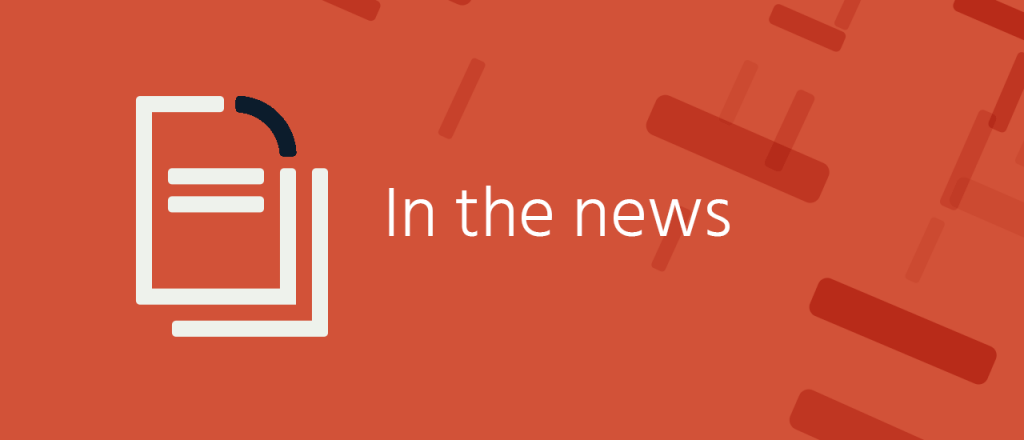
Getting hit from both sides: Executives from Google, Twitter, and Facebook faced criticism from all sides when testifying in the U.S. Senate recently, the Washington Post reports. Democratic senators told the companies they should do a better job with moderating their sites for fake news and conspiracy theories, while Republicans called on the companies to take a more hands-off role with political speech.
Your money, or else: A wave of ransomware attacks have hit nearly two dozen hospitals and healthcare organizations in recent weeks, Wired.com reports. Even after those attacks, the U.S. Cybersecurity and Infrastructure Security Agency, Federal Bureau of Investigation, and Department of Health and Human Services warned that more may be coming, with an “increased and imminent cybercrime threat” to hospitals and healthcare providers.
Safer Zooming: Videoconferencing provider Zoom has added encryption to free accounts, although the new protections come with a catch, TechCrunch says. With end-to-end encryption enabled for every user joining the call, some other features won’t be available. Users on encrypted calls won’t be able to use features like cloud recording and live transcription, and they won’t be able to chat one on one. Also, the encryption feature will only work with the Continue reading
Pandemic Accelerates Loss of Internet Freedoms

The COVID-19 pandemic has not only caused more than one million deaths worldwide, but it is also accelerating a decline in Internet freedoms across the globe, according to a new report from Freedom House.
The past year has been “especially dismal” for Internet Freedom, according to the Freedom on the Net 2020 report, sponsored by the Internet Society. Political leaders have used the pandemic as an excuse to limit access to information and to roll out new surveillance measures, the report says.
At the same time, a slow-motion splintering of the Internet has turned into an “all-out race toward ‘cyber sovereignty,’ with each government imposing its own internet regulations in a manner that restricts the flow of information across national borders,” the report says. Authorities in several countries, including the U.S., China, Russia, Brazil, and Turkey have erected new digital borders.
As a result, Internet freedoms have declined for the 10th consecutive year, says the report, which tracks Internet freedom in 65 countries, covering 87 percent of the world’s Internet users. From May 2019 to June 2020, the report found Internet freedom scores dropping in 26 countries, with 22 registering net gains.
The largest declines occurred in Continue reading
The Week in Internet News: U.S. Files Antitrust Case Against Google
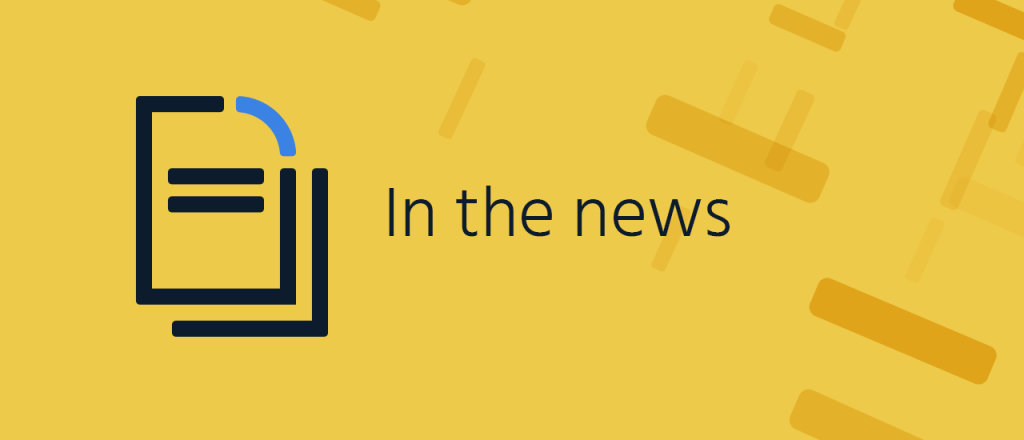
Searching for a monopoly: The U.S. Department of Justice has filed an antitrust lawsuit against Google, accusing the tech giant of illegal monopolies in search and search advertising, CNet reports. The DOJ has accused Google of acting as an Internet “gatekeeper.” Google disputed the allegations, saying people use its services because they choose to, not because they have to.
New networking: The Lower Brule Sioux Tribe in central South Dakota has advanced a plan to provide computers and high-speed Internet connections to all students and teachers during the COVID-19 pandemic, the Argus Leader says. Since early June, the tribe has been working on a plan to build its own wireless Internet network, intended to cover the 207-square-mile Lower Brule reservation. The new network is the first-of-its-kind in South Dakota, and it began limited operations in July.
A bumpy relaunch: The French government’s relaunch of its COVID-19 tracing app, called, “TousAntiCovid,” hit some snags when it was downloaded more than 500,000 times in the hours following its launch, the BBC says. The traffic led to some stability problems, with some people unable to launch the app.
DNS vs. crime: Securing the Internet’s domain name system is a crucial step in Continue reading